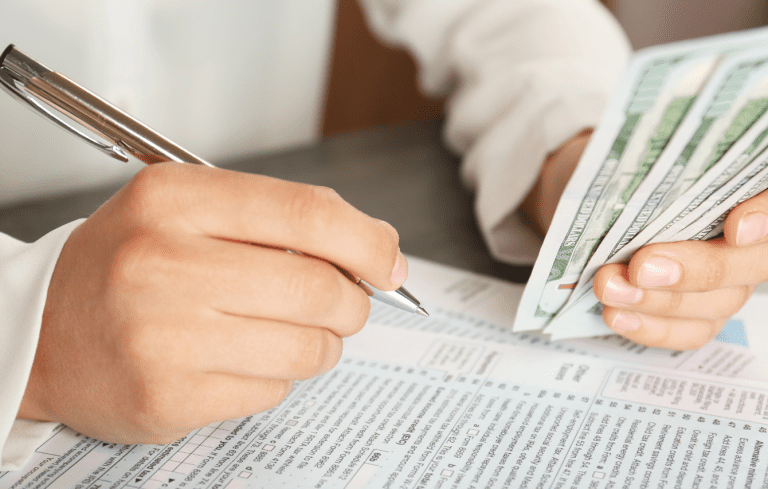In the current financial climate, collecting your debts is becoming more critical, especially for businesses and accountants in Sydney.
For instance, if you have a profit margin of 20% on your sales, an unpaid debt requires an additional five times the original debt’s amount in sales to break even. Therefore, prompt debt payment is crucial for the financial stability of your business, and it’s essential to seek the expertise of accountants in Sydney to ensure your business’s financial health.
If necessary, push your client to pay their debt in instalments. After all, some money upfront is better than none.
You may want to consider whether to charge interest on any amount outside your terms of trade – however, it’s important to note that you can only charge interest on an overdue debt if you have correctly and legally made arrangements for this in advance of supplying the goods or services.
If you think there is a possibility that you will not be paid when taking on a new customer or client, think very carefully about whether you supply the goods or services in the first place. This is especially the case where you have not previously dealt with a new client. It’s good practise to ask for credit references before entering into a relationship to safeguard the risk of you not being paid after delivering your goods or services.
It’s essential to keep your eye on your debtors; if one falls behind, then discussions need to be had about how the debt can be settled. Similarly, discussions will need to be had about future working relationships and future payment arrangements.
You should be careful not to be unreasonable in recovering debts, as you do not want to lose a good association. Most people will understand your position and cooperate if you handle it correctly.
If there is a significant problem, the cost of recovery by legal means can prove expensive, time-consuming, and embarrassing if the debtor is well known to you.
If the debtor is an individual or a partnership of individuals, they are personally responsible. If the debtor is a company or a trust with a company as its trustee, then the company’s directors can be held responsible if they know they cannot be paid when the debt is incurred. This is not so easy to prove.
If you wish to supply goods on consignment or ask for directors’ guarantees, legal advice must be sought to protect yourself successfully.
When the shoe is on the other foot, and you are the one in debt, you will always find it more productive to get in first to discuss your problems with your creditor, confirm what can be done to pay over time, and then make sure you stick to what you said you would do.
As always, please get in touch with us if you need some guidance.
Kreston Stanley Williamson Team
*Correct as of April 2016
*Disclaimer – Kreston Stanley Williamson has produced this article to serve its clients and associates. The information contained in the article is of general comment only and is not intended to be advice on any particular matter. Before acting on any areas in this article, you must seek advice about your circumstances. Liability is limited by a scheme approved under professional standards legislation.














